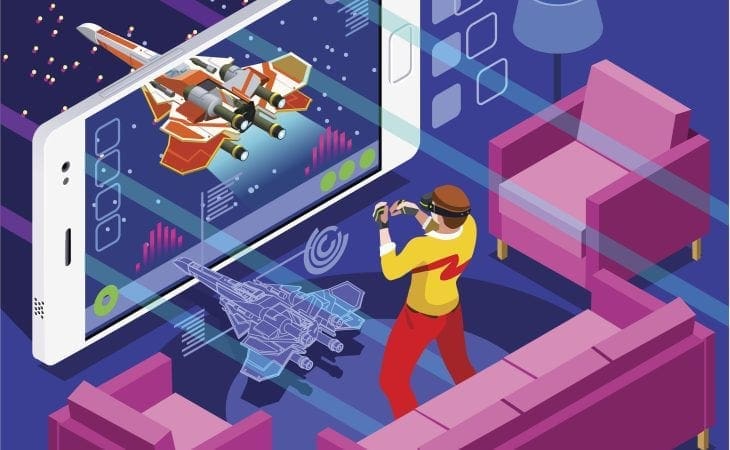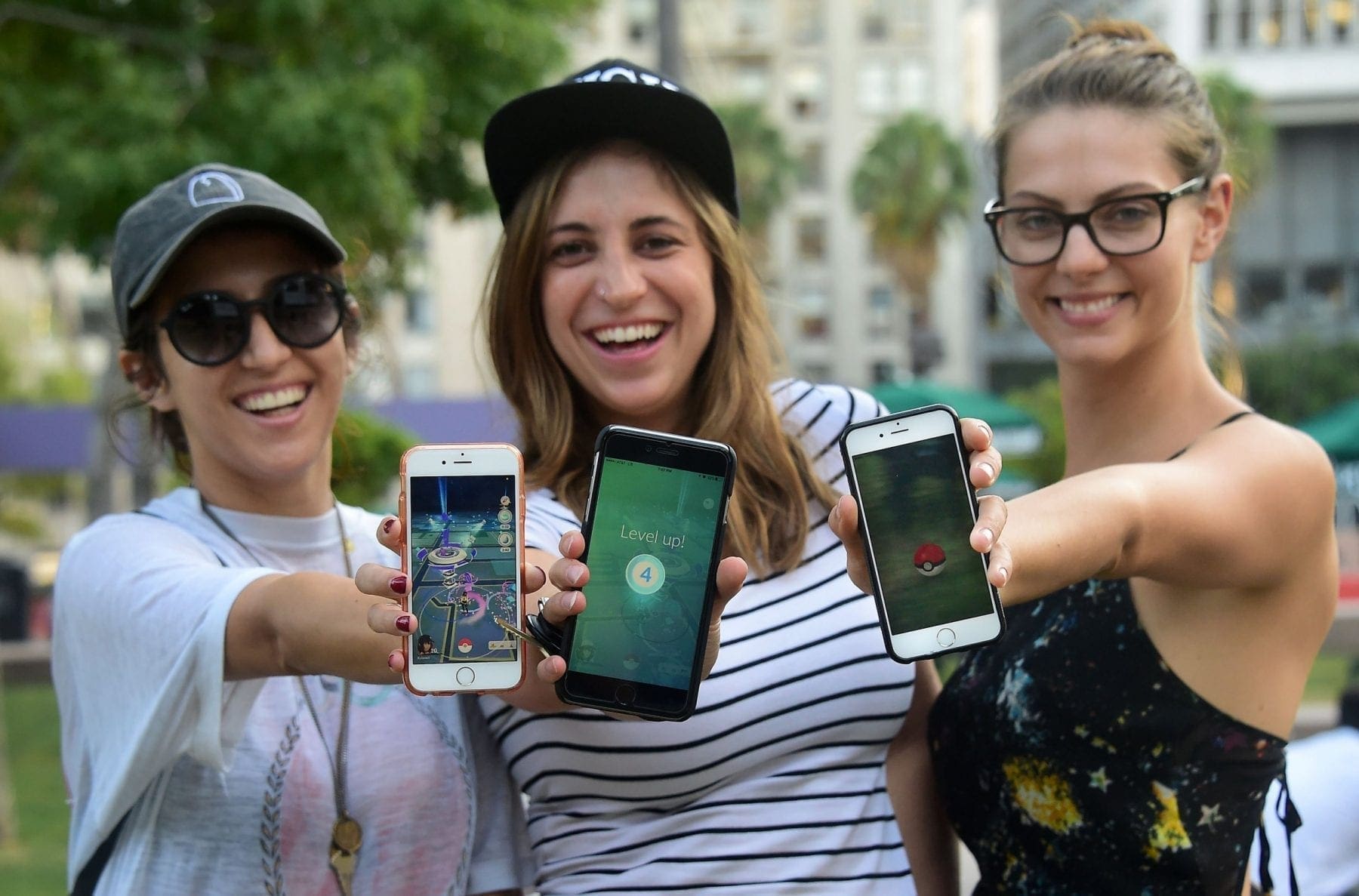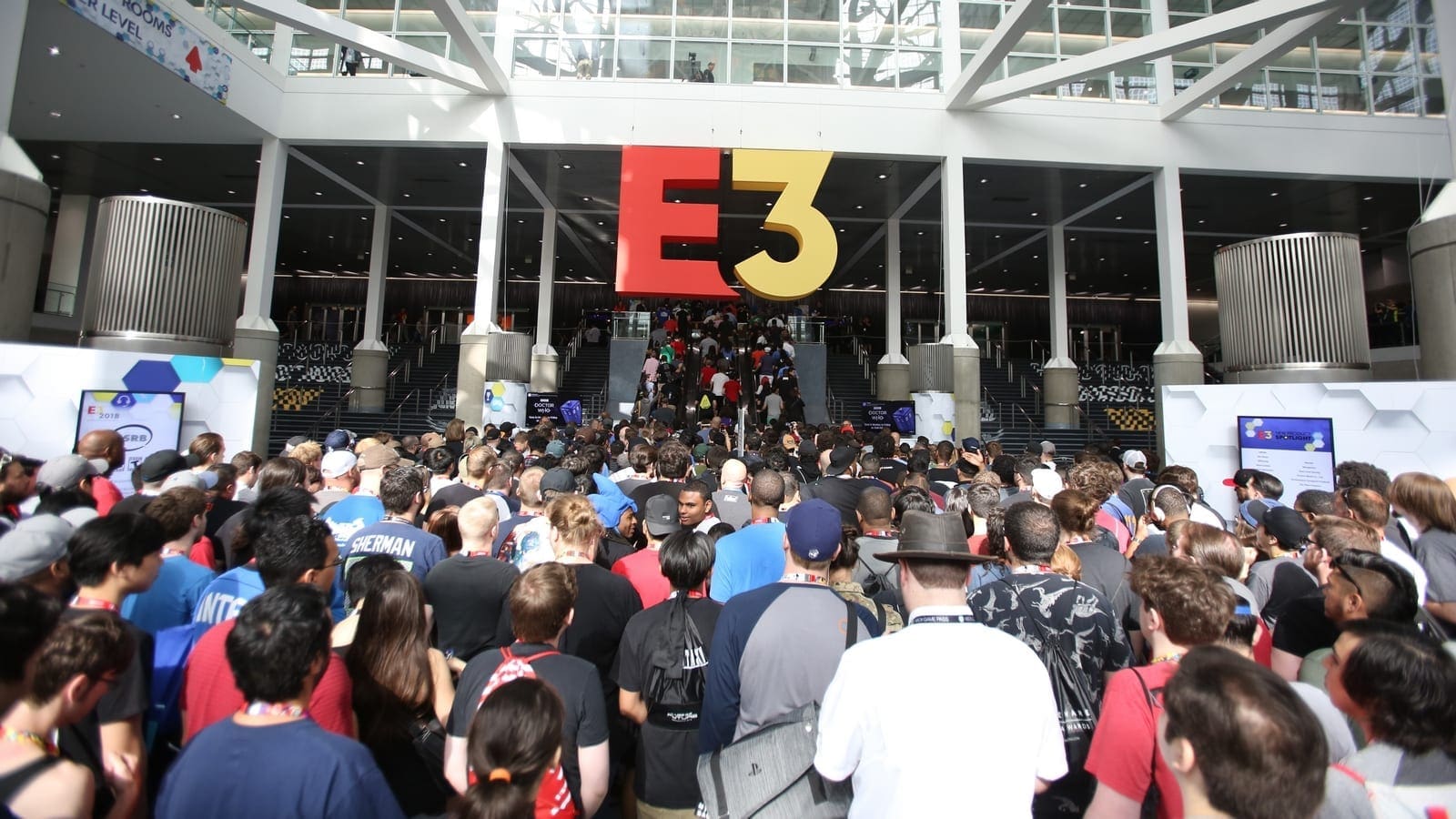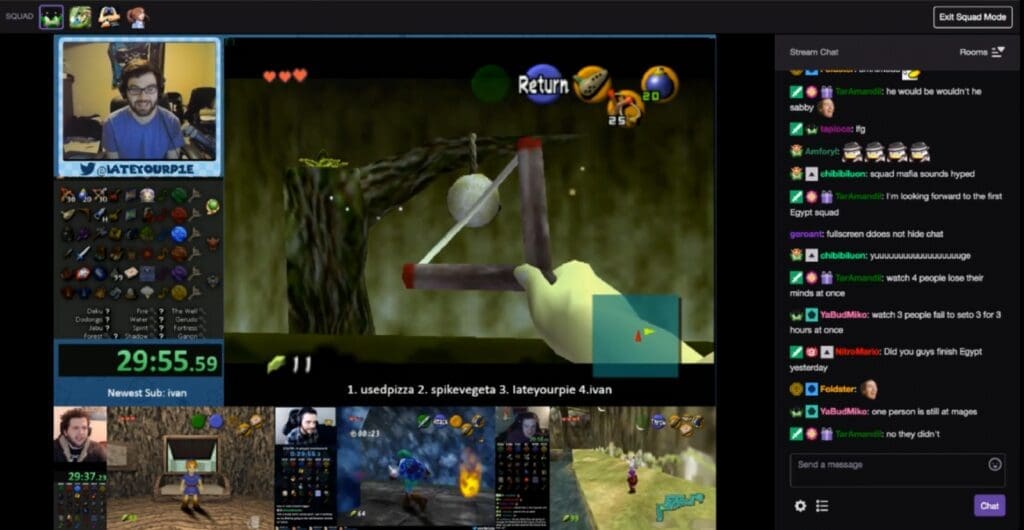These are unprecedented times. The significant impact of COVID-19 has shifted how our world moves: how people live and work, where businesses are heading, and how industries are adapting to change.
The prompt decision to distance ourselves and quarantine left global citizens with very little alternative than to #stayinside. This is more than a movement: It’s a great effort to contain and slow the rate of COVID-19. As most people are working from home, self-quarantining, or ordered to pause businesses and close up shop, all conventional ideas of entertainment have been temporarily put on hold. Now that movie theatres, public events, and anything social have been closed and cancelled; the public is searching for new avenues of joy. Newbies, part-timers, and long-timers are finding solace in a long-standing recreation: gaming.
The rise of videogames and streaming
It isn’t surprising to see an increase in video game players. According to a study by Verizon, there is a 75% increase in video game activities. In a time like this, these statistics are hopeful for many industries: Gaming developers, E-sports products, streaming platforms, and virtually any brand that chooses to work with gaming influencers.

How each sector of the Gaming industry is navigating this new normal
Businesses all over the world are getting to grips with migrating online during this time, however, gaming industries have a natural edge.
Even so, the aim is not to increase player numbers – people are already spending more time playing due to unique circumstances. The challenge for brands, at this point, is how to navigate this new normal, making their online community stronger than ever before.
Video games and developers
Steam, one of the largest gaming distribution platforms, saw a record surge of active users: 23.4 million concurrent active users were recorded on March 28th (people using the service but not necessarily in-game) Microsoft Head of Xbox, Phil Spencer, also confirmed on Twitter that “usage is up on almost everything,” unsurprisingly.
Especially for countries that experienced a lockdown as a response to COVID-19, such as Italy, the demand for online gaming was clear. In an interview with Bloomberg, Telecom Italia Chief Executive Officer Luigi Gubitosi shared that Italy saw an increase of more than 70% Internet traffic, “with a big contribution from online gaming such as Fortnite.”
Fortnite is not the only gaming title that’s been popular amongst gamers. During this time of quarantine and social isolation, there is understandably an increase in multiplayer video games activities in general. Call of Duty: Warzone battle royale alone drew 6 million players on its launch day, March 10th. Slate, amongst many other lifestyle publications, shared a list of video games that you can play during the lockdown. Don’t worry – Slate recommended these stress-free games that you can enjoy either by yourself or with friends. The World Health Organisation recently teamed up with representatives from the industry to launch #PlayApartTogether, a campaign that promotes staying at home and social distancing. ‘Physical distancing shouldn’t mean social isolation!‘ Truly what we all need right now!

Mobile Game industry
Those that aren’t into video games alternatively turn into mobile games or mobile apps, thanks to its accessibility. According to Sensor Tower, and reported by CNN, total game downloads on Apple’s app store in China saw an increase of 27.5% compared to last year, and revenue rose by 12.1%.
Plague Inc., a simulator strategy game, is a notable example of a mobile app skyrocketed due to the effect of COVID-19. Created in 2012 by Ndemic, Plague Inc. has recently seen a spike in purchase (eventually topped the Apple store paid-app chart, beating the popular app Minecraft.) The U.S. Centers for Disease Control and Prevention has given Plague Inc. praises for offering an educational way to learn how pandemics unfold. The creator and developer, Ndemic, recently donated $250,000 to Coronavirus relief efforts.
Pokemon Go, a popular mobile game, faces a unique challenge, however. The game requires players to leave the house and walk around (usually results in bigger groups of players centring in certain areas, as well.) For this reason, in order to encourage players to stay home, Niantic – the developer of Pokemon Go, announced that it was eliminating walking requirements in its battles. Some of its planned Community Days are also postponed, due to the nature of large clusters of players, especially in metropolitan areas.

Gaming events
While online activities are on the rise, offline events are understandably cancelled. One of the biggest gaming events, E3, officially cancelled their June 2020 expo. Despite its longstanding and notorious reputation in the gaming industry since the ‘90s, E3 released a statement on Twitter announcing their cancellation. However, this news was met with an alternative solution: Online events.
Phil Spencer, Microsoft executive, announced via Twitter that Team Xbox will be hosting a gaming event online. Ubisoft, Nintendo Direct, and Sony are amongst the many others who decided to host online events this year in support of social distancing, whilst still being able to bring entertainment and news to its users.

Gaming consoles
Gaming consoles or products, on the other hand, have been seeing a big push back on release dates and back-orders. Daniel Ahmad, a senior industry analyst at Niko Partners, shared with Time that 90% of video games consoles in the U.S. were made in China, and the temporary pause in productions as an effort to keep the employees safe, has resulted in a shortage of supplies.
Consequently, strict hygiene safety guidelines have resulted in a few delays to game development, launches and updates. Nintendo Switch had to postpone their Animal Crossing edition launch in the Japanese market, and Oculus Quest is currently in back-order. Certain video game releases, like Final Fantasy VII scheduled for April 10, are also expected to be hindered.
Streaming and video platforms
Live-streaming is truly having its moment. People are not only just playing video games: More and more people are also streaming video games from the comfort of their homes. Those who don’t stream or play, are viewing e-sport streamings (aka watching other people playing video games) as a form of entertainment. In our previous blog post covering Twitch, the biggest streaming platform, saw an 11.5% increase in hours viewed in just 30 days!
Live-streaming is not only offering a platform for gamers and players to come together over video games – it’s also an excellent virtual space for community building. Brands are hosting events, charities, and users are also using Twitch to play video games with their friends and family. Read more on the impact that Twitch is having on users, brands, and the industry as a whole in this article!

What this means for brands
During any time of change, brands are put to the test. Video games and E-sport brands are definitely seeing a lot of potential for growth, transition and the unavoidable challenge thrown in for good measure!
Heighten communication efforts
During times of uncertainty, many brands take on the unique responsibility of making their audience feel safe and hopeful. The gaming industry is certainly well poised when it comes to offering distractions. Not only can they leverage potential new audiences, but they are uniquely positioned to communicate to huge demographics about safety and guidelines, as well as offering inspiration.
Use influencers to reach audiences
With streaming platforms readily available to many players and viewers, brands are not alone in their communication efforts to customers. Influencers, streamers, and content creators are strong links between brands and customers with their potential as middle-men in roles such as entertainment sources, news providers, community hosts, etc.
With various gaming events being cancelled, streamers can definitely fill the void by hosting virtual hangouts, meetups, and challenges. Furthermore, influencers can humanize brands’ voices, especially during this time.
With an increase in hours watched and more creators joining platforms like Twitch, Youtube, and Discord, there are a lot of unexplored potentials for brands to partner with new and fresh creators. As many as 254k new streamers joined Twitch this month, contributing to a remarkable 10.5% increase to Twitch’s total channels.

Building a strong community
By a strong community, we mean your customers, employees, partners, influencers, and everyone else around the world that your brand can touch. The gaming industry is in a unique position, it gets to bring a glimpse of normalcy and connection at a time of uncertainty and isolation. This is not a business power. This is not an economic win. This is, indeed, a humanity victory: The ability to bring and share hope and joy. Brands who understand the importance of community are set to thrive.
Prepare for even more changes
If there is anything that we have learned from current events, it’s that there’s only so much we can predict and prepare for. As the world makes every effort to combat the pandemic, there is no doubt more changes are in store for everyone across the board. The gaming industry is witnessing a largely positive change, but it’s wise to not stop there. What is your brand implementing during this new normal? What will the future look like?
























